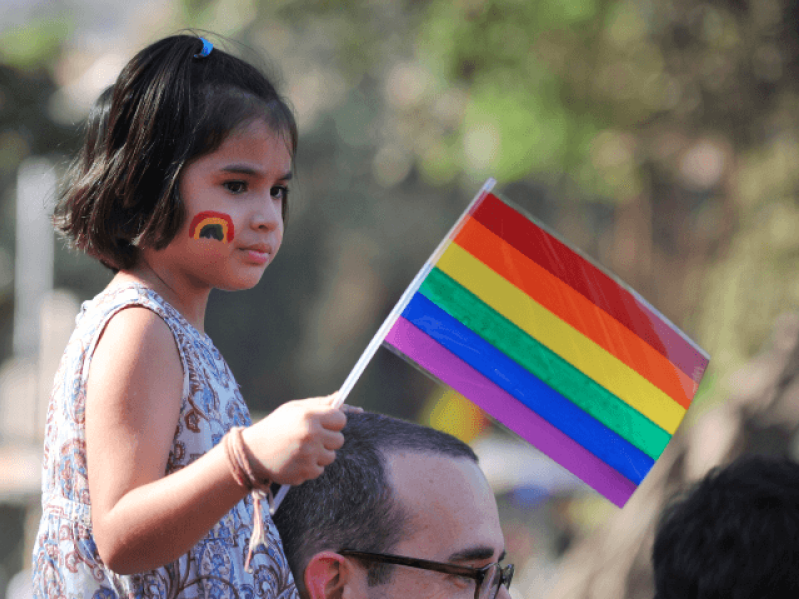
The Good Schools Guide, which dubs itself "the number one trusted guide to schools in the UK," will now rate schools according to how "transgender friendly" they are, a spokesperson has announced.
Bernadette John, director of the Good School Guide's education consulting service, revealed that from now on, guide inspectors will quiz headteachers about how they cater for transgender students.
"Families are coming to us when they feel they are left with no option but to pull their transgender child out of a school. Sometimes the child is being bullied and the school is not dealing with it appropriately," she said.
"We also hear that schools are causing transgender children undue stress and anxiety by refusing to allow them to use the name or pronoun they prefer, or to wear the uniform and use facilities for the gender they identify with."
John said that currently, the Good Schools Guide is now drawing up a list of schools all around the country that have a "good track record" for dealing with transgender issues.
"If a school is utterly outstanding, we might make a point of mentioning it in the review," she said.
"We would also share the information between us and inform all our consultants. Some schools are making fabulous efforts. But we are still seeing issues where schools are effectively asking children to leave by saying we have no policies on toilets or uniforms, we cannot cater for you."
On its website, the Good Schools Guide claims to give parents "unbiased and candid school reviews."
"We review more than 1,100 schools, covering state and independent, boarding and day, mainstream and special sectors," notes the website. "The Good Schools Guide is independent, forthright, well-informed and unbiased, which gives it unique authority and has earned it the trust of parents and educational organisations worldwide."
As earlier reported, statistics from the Gender Identity Development Service (GIDS) reveal that 84 children aged between three and seven were referred to gender identity clinics last year, compared to just 20 in the year of 2012 to 2013.
Dr. Joanna Williams, author of Women vs Feminism, told the Telegraph that the results suggest that transgender issues are being "over-promoted" in schools.
"Children - encouraged by their experiences at school - are beginning to question their gender identity at ever younger ages," she said.
Williams warned that teaching children about transgender issues could be "sowing seeds of confusion" in the minds of children and teens, leading to more seeking gender identity therapies.
"In doing more than just supporting transgender children, and instead sowing confusion about gender identity, schools do neither boys nor girls any favors," she said, adding that recent changes to school policies could be forcing children to "unlearn" the difference between boys and girls.
Earlier this month, a Christian family said they are preparing to sue their sons' Church of England school in the Isle of Wight after boys were allowed to wear dresses in class.
"Our concerns were raised when our son came back home from school saying he was confused as to why and how a boy was now a girl," the mother, Sally Rowe, told BBC Radio.
"We believe it is wrong to encourage very young children to embrace transgenderism. Boys are boys and girls are girls. Gender dysphoria is something we as Christians need to address with love and compassion, but not in the sphere of a primary school environment."






